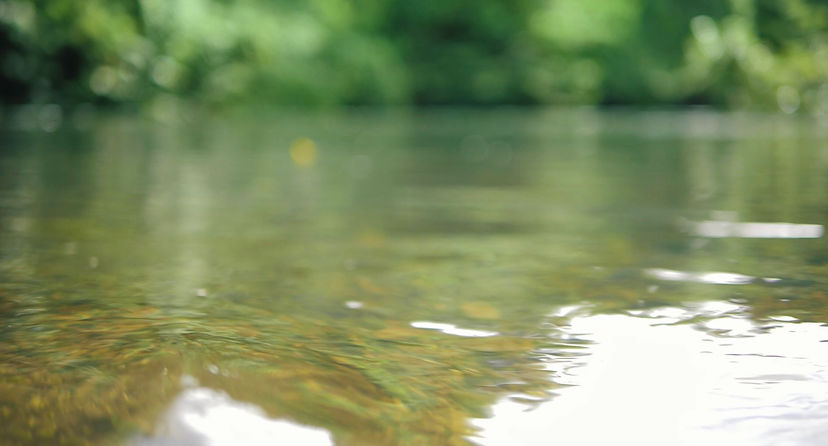Grow Tomatoes, Not Data Centers

Hanover Water
Water is the foundation of life in Hanover County. Protecting it should take precedence over any industrial expansion. Once groundwater is depleted or contaminated, it cannot be restored within our lifetimes. The County must act cautiously and require full transparency, environmental review, and sustainable water guarantees before approving any data center proposal.
Hanover County relies primarily on groundwater wells for its public and private water supply, unlike Henrico County, which uses treated surface water from the James River. The proposed Hunting Hawk data center could pose serious risks to this delicate groundwater system and to the residents who depend on it for drinking, irrigation, and daily use. Here are a number of concerns:
The Sheer Scale: 1.8+ Billion Gallons of Water Per Year
The HHHunt "Tract Hickory Hill" proposal is a massive water consumer. It is projected to use over 1.8 BILLION gallons of water per year (Meeting PDF, p. 19).
-
This is not a one-time use. This is a permanent, annual consumption required for "evaporative cooling" (Sierra Club, p. 23) – a cheaper cooling method that "sucks up millions of gallons of water."
-
A single large data center can use between 1 and 5 million gallons of water per day (MGD), which is as much as a town of 10,000 to 50,000 people (Sierra Club, p. 23). This proposal is for 42 data center buildings (Sierra Club, p. 36).
A Direct Threat to the Chickahominy Headwaters
This project is located at the headwaters of the Chickahominy River (Meeting PDF, p. 19). The water it consumes is taken directly from the source that 410,000 Virginians depend on.
-
Permanent Water Loss: Approximately 80% of the water used for cooling evaporates (Meeting PDF, p. 19). This water is not treated and returned to the river; it is permanently removed from the water table and the river system.
-
On-Site Wastewater Plant: The proposal includes its own "wastewater treatment plant" (Meeting PDF, p. 13). This creates a new, private industrial pollution source directly on top of the river's headwaters, risking contamination from any failure or leak.
A "Water Grab" in a Drought-Prone Region
This massive new water demand is being placed on a river system that is already in trouble.
-
The Sierra Club report specifically identifies the "Greater Rappahannock/Upper mid-State Region" (which includes Hanover) as a new data center hotspot.
-
It warns that this region "straddles the banks of the Rappahannock, which has been experiencing low water levels and drought conditions" (Sierra Club, p. 27). We are inviting a multi-billion gallon consumer to tap into a resource that is already strained.
Threatening Private Wells & Bypassing the County
The HHHunt proposal "Includes well water" (Meeting PDF, p. 13). This is a profound threat to a rural community where thousands of residents rely on their own private wells.
-
What happens to the local water table when a 1,200-acre industrial campus begins drawing millions of gallons of water from the same aquifer our homes use?
-
This plan allows the developer to bypass county water systems, creating a private utility with no accountability, potentially draining the wells of neighboring farms and homes.
A Pattern of Prioritizing Data Centers Over Residents
Neighboring counties provide a clear warning of what is to come. This is a pattern of a "water grab" where public resources are diverted to private corporations.
-
Conflict of Interest: In nearby Caroline County, a public water withdrawal project was proposed where 2.63 MGD was allocated to data centers, while only 2.3 MGD was for residential use (Sierra Club, p. 27). Publicly-funded water projects are being co-opted to serve data centers first.
-
Fighting for Water: In King George County, the county is in a dispute with Amazon, which needs a stunning 2.7 MGD for its campus—a massive new demand on the county's water system (Sierra Club, p. 27).
-
Total Lack of Transparency: In Spotsylvania County, the water agreement for Amazon's data center campuses was "redacted, so the public has no idea how much water they will use" (Sierra Club, p. 27). We have no guarantee of transparency here.
Source: Unconstrained Demand: Virginia's Data Centers and Its Impacts – Sierra Club
Source: An Informational Community Meeting about Data Centers - The Wyndham Foundation